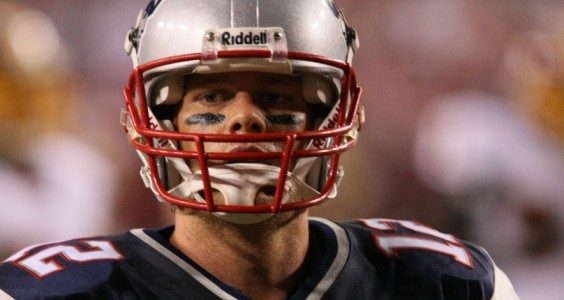

Rember the 2022 Superbowl? The Rams beat the Bengals by 3 points, Dre, Snoop Dogg, and Eminem rocked the halftime, and various celebrities showed up in premium commercials to shill for Sam Bankman-Fried’s FTX.
Nine months later FTX collapsed and the celebrities were sued. But what’s happened to the lawsuit? Let’s check in.
In April, Sam Bankman-Fried, currently serving a 25-year prison sentence for orchestrating the collapse of his once-lauded exchange, agreed to cooperate with a class-action lawsuit against the celebrities who lent their star power to the platform. This move, detailed in a 41-page lawsuit filed in the US District Court’s Southern District of Florida, could potentially see Bankman-Fried implicate figures like Tom Brady, Larry David, Stephen Curry, Shaquille O’Neal, and Naomi Osaka, who were all prominently featured in FTX advertising campaigns.
The Stage
The lawsuit alleges that Bankman-Fried and his celebrity cohort, who “controlled, promoted, assisted in, and actively participated in” FTX’s operations, bear responsibility for over $11 billion in losses suffered by American consumers. These losses stem from the platform’s implosion in November 2022, an event triggered by a CoinDesk report revealing that FTX’s assets were largely controlled by Bankman-Fried’s own quantitative trading firm, Alameda Research. This revelation led to a panicked scramble by investors and customers to withdraw funds, exposing a staggering $8 billion shortfall in the company’s assets.
What the Lawsuit Says
The plaintiffs argue that the celebrities, despite being paid handsomely by Bankman-Fried to endorse FTX, are liable for their involvement in the alleged fraudulent scheme. Brady and his then-wife Gisele Bundchen were prominently featured in a 2022 FTX commercial, with Brady encouraging viewers to join the platform. Meanwhile, David, everyone’s favorite uptight loudmouth known for his dry wit, starred in a Super Bowl advertisement for FTX in which he humorously rejected cryptocurrency, only to be followed by the tagline, “Don’t be like Larry.” The lawsuit contends that these endorsements and other marketing materials led unsophisticated investors to believe FTX was a safe and legitimate platform, ultimately contributing to their financial losses.
Fractured Partnership
Despite the initial appearance of camaraderie between Bankman-Fried and his celebrity backers, the legal maneuvering now positions these once-proud partners as potential adversaries. The lawsuit, while targeting all parties involved, focuses particularly on the celebrities, highlighting their roles in promoting the FTX platform and the potential for them to have misled investors.
While the legal ramifications for the celebrities remain unclear, the case raises profound questions about the ethical implications of celebrity endorsements, particularly in the volatile and often opaque world of cryptocurrencies. The plaintiffs’ strategy hinges on the idea that Bankman-Fried, facing his own legal woes, will provide damning evidence against those who helped build his now-ruined empire.
This case is likely to be closely scrutinized as it unfolds, potentially setting a precedent for how celebrities are held accountable for their endorsements of financial products. The outcome could have significant implications for the burgeoning cryptocurrency market and the role of celebrities in shaping consumer perceptions of financial ventures.

